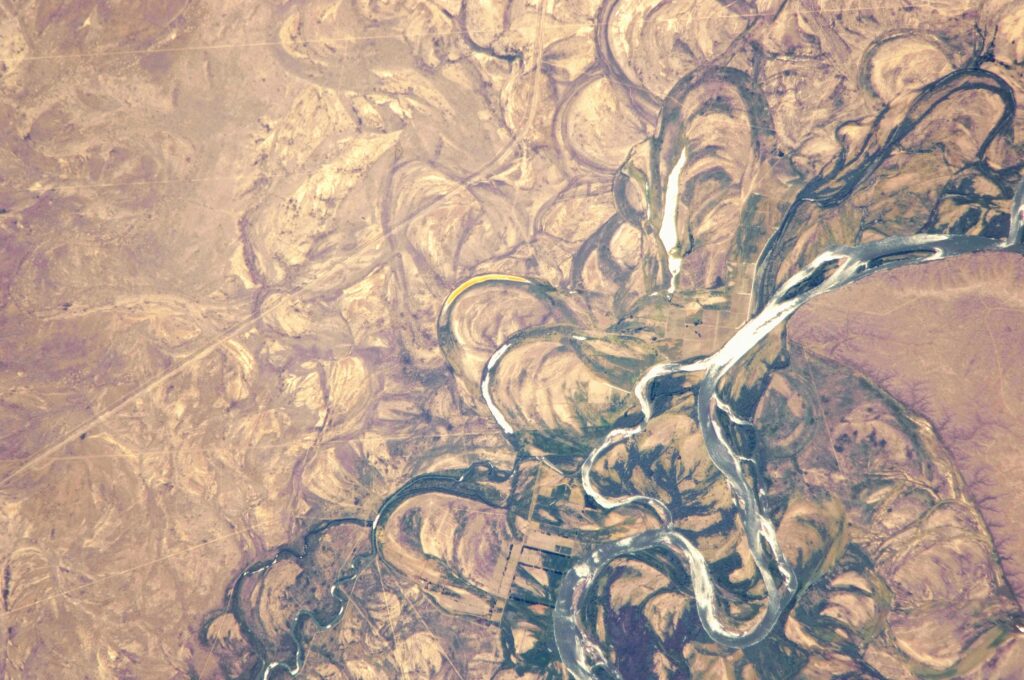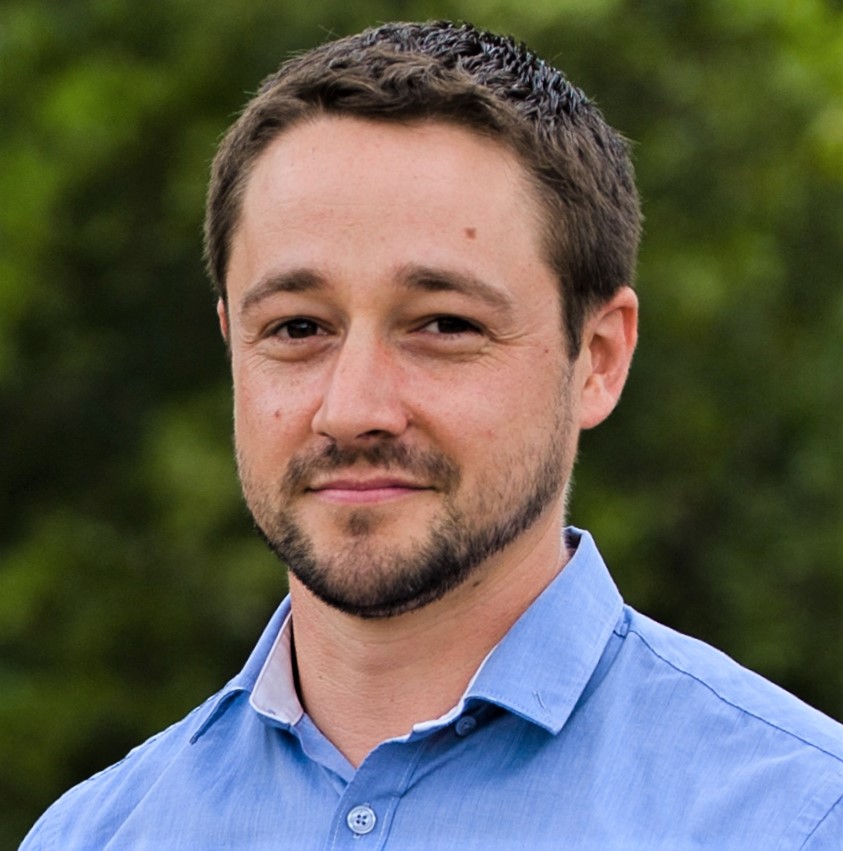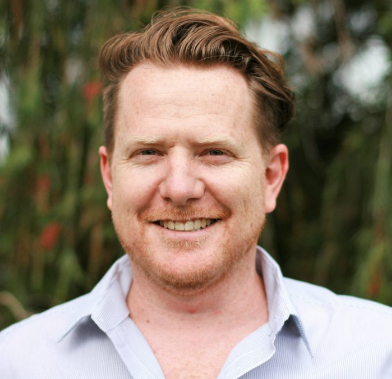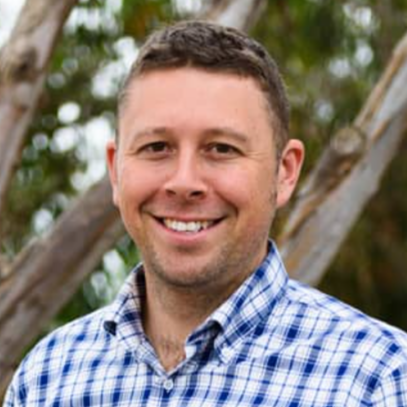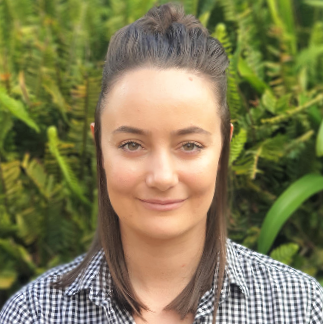Course Overview
Rivers change continuously. Fluvial Geomorphologists use landscape interpretation skills to understand form and process, both historically and into the future. In this 3-part course, attendees will build on knowledge gained from the Geomorphology 101 webinar. In the first session you will dive into the Geomorphology deep-end.
Key application areas such as understanding geomorphological values and concepts such as dynamism and upstream-downstream processes will also be covered by our expert presenters.
In the second session, attendees will learn how to interpret hydraulic/hydrologic model results for geomorphic analysis using models such as HEC-RAS, TUFLOW, MIKE, 3D models, build an appreciation for the benefits of using models, understand some of the pitfalls of over-reliance on their outputs, and hear about their application from an engineer’s perspective.
The third session will involve a virtual field trip applying the tools and perspectives.
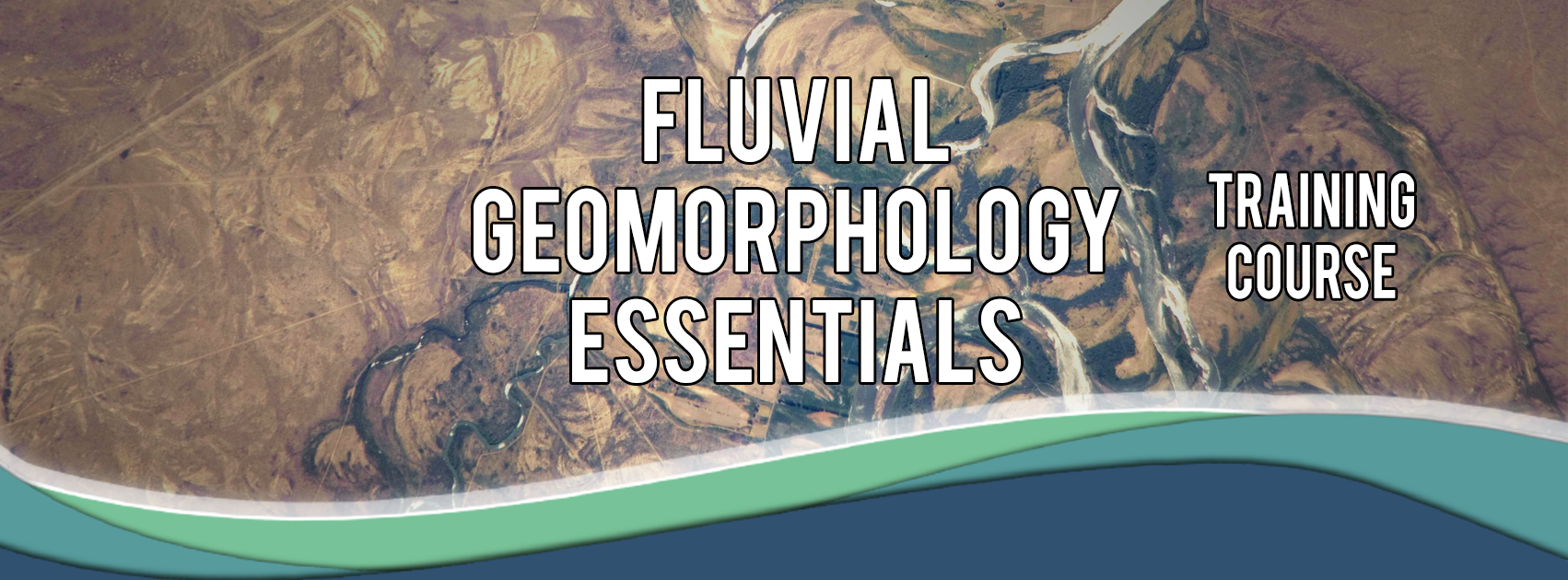
Session 1
Fluvial Geomorphology Fundamentals – Led by Mick Cheetham
- Complex response and equilibrium;
- Physical model visualisations.
Session 2
Interpreting Hydraulic/Hydrologic Model Results for Geomorphic Analysis – Led by Ben Pearson
- Types of models;
- Use of hydraulic models in geomorphology.
Session 3
Geomorphology, Crossings and Infrastructure – Led by Julian Martin and Andy Markham
- Crossing types and examples;
- Materials and techniques;
- Case studies – bridge stability and adjacent infrastructure – including short virtual field trip.
Format
- 6+ hours of session recordings with unlimited access for 30-days;
- Units to complete consecutively via the AWS learning platform (LMS);
- Pre-and-post-course materials to go through via the LMS;
- Ability to ask questions to the presenters at anytime through the LMS;
- Homework between each session available through the LMS.
Preparation
Pre-course readings provided through the LMS with videos to watch as introductory background. The LMS includes a folder of approximately 20 reading materials to view after the session.
Requirements
To provide the best learning outcomes, set up in a quiet space with dual monitors (i.e. one screen with the session recording and the other with the software/exercise that attendees can work on simultaneously). The course is designed for individual learning outcomes, including a completion certification, therefore not designed for a board-room setup.
Completion
- On completion of the course attendees will be issued with a Certificate of Participation.
- Attendees earn CPD hours/points (ie with Engineers Australia) for at least 10+ hours for the entire course.
Refund Policy
Frequently Asked Questions
